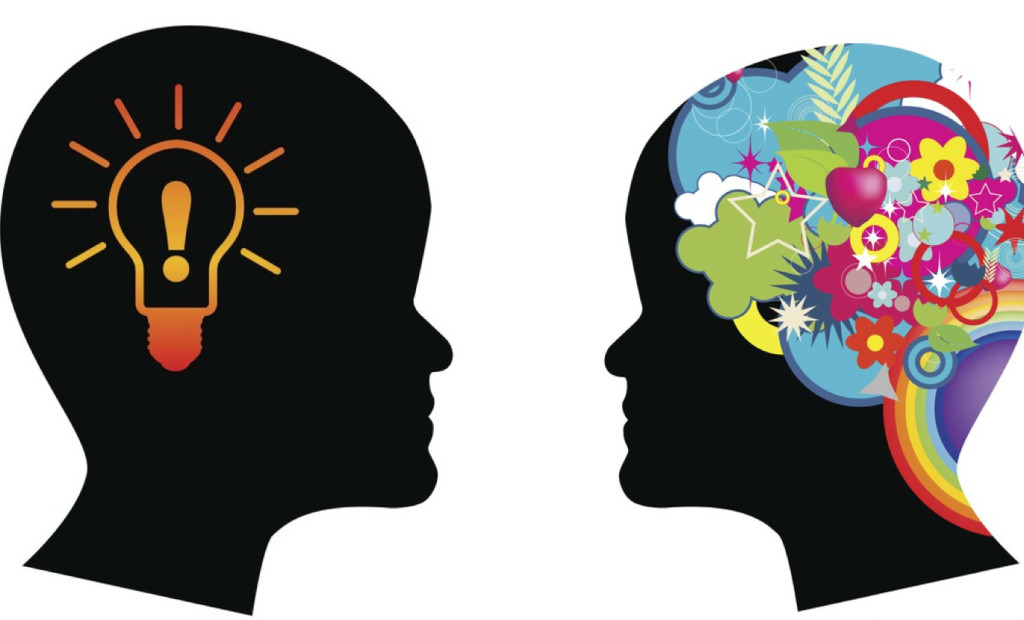When hiring or putting a team together, is it not enough to seek out the most technically knowledgeable and skillful talent around?
The answer is no – and never!
This came up recently with a client who is putting together a team for a new business she is setting up. For the purpose of this article and to protect privacy, I will call this lady Laura.
Laura asked me to have a look at the CVs that she had received and asked me for my opinion.
You see Laura was so happy with the quality of the CVs she had got from a recruitment firm, and her comment to me was – “if I could get 5/6 of those candidates, we would be rocking it!”
Without wishing to burst her balloon of excitement, I suggested that I would agree that the technical knowledge and skills indicated in their CVs would certainly place some of them “in the ballpark” for consideration.
I went on to say that even if they turned out to be the most technically knowledgeable and skillful, it did not make them a good candidate to select.
My point was, and is, that their knowledge and skill just gets them in the game, but that falls a long way short of being the decider when selecting.
When putting together a team, it is not about selecting a bunch of individual superstars, and – hey presto! You have a high performing team. Sadly, not by a long way.
You need to ensure you have got the right cultural “fit” and your people are emotionally intelligent.
In my experience, what holds people back from achieving what they are capable of is not lack of knowledge and skill, it is the understanding of themselves, their emotions, the emotions of others and how their behaviour plays out with others.
You see every engagement with another person is an emotional exchange – we simply cannot have contact with another person without it having an impact emotionally on both parties. That is simply because we are human beings, not robots.
Neither can you motivate another person without emotional exchange. It simply does not work without emotion. It matters not whether that exchange is with a client, a staff member, or with a peer.
Lack of emotional intelligence is a significant barrier to success. Research is clearly showing that, in order to be successful, the ratio of EI to IQ is now 80/20 in favour of EI.
So, how can you assess emotional intelligence in an interview? Well, being aware of the requirement for it is a good place to start, and you can ask questions that will give you some good indicators.
On top of that you can test for it – I do this with many clients to help them understand their own emotional intelligence. This has delivered some incredible breakthroughs for clients when they understand the impact of their behaviour on others.
What if you have an existing team and you recognise some shortcomings in this space – is it too late? I’m glad to say the answer is no!
By educating people about emotional intelligence and the way it plays out in a team, can be a real “aha” moment for teams. You can also start to get the discussion going about how interpersonal behaviour impacts bottom line results.
So, if you are looking at your team and it is not quite performing at the level you think it should, despite hiring the “brightest and the best”, consider how emotionally intelligent they are as a team. I can promise you this is where you will get a breakthrough – if you do something about it.
If this resonates with you, and you would like to inject some EI into your team, then why not take advantage of a free 45 minute strategy call to get some tips to put that right? Then go to https://johnmurphyinternational.com/call to schedule that conversation.
Talk soon!
